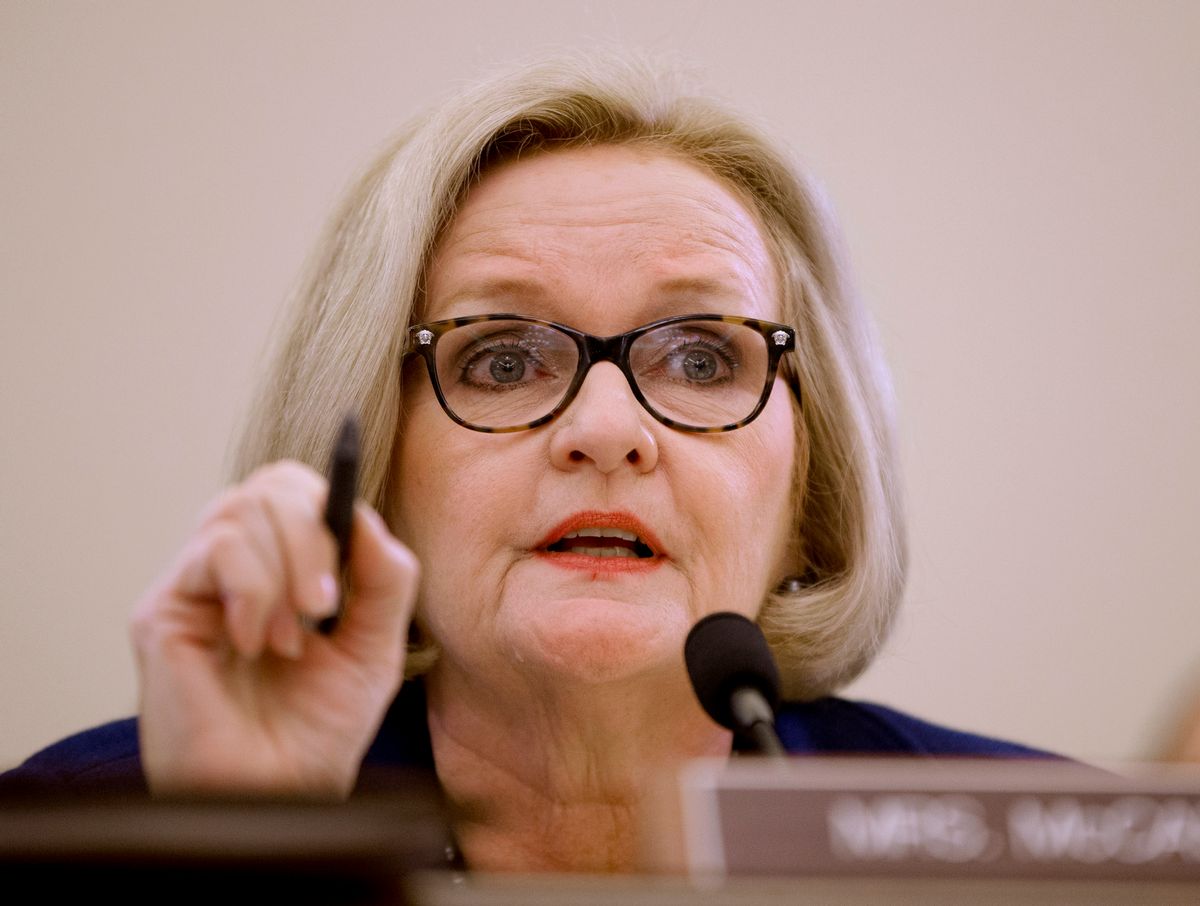There are a few moving parts to the developing Senate proposal to combat sexual assault on campus. Senators Claire McCaskill, Kirsten Gillibrand and Richard Blumenthal have each talked about simplifying the “complex labyrinth” of rules governing the handling and reporting of sexual assault -- the Clery Act and Title IX, among them -- and the allocation of additional funds to strengthen enforcement. The senators are also looking at state laws around consent, and pushing to require schools to conduct anonymous surveys on campus to gage the actual rate of sexual violence. But the strategy currently being considered that may matter most is this: The government wants to get better at punishing schools that fail to comply with these laws.
The senators want these schools to feel the hurt -- the financial hurt, specifically -- in order to stem this mounting crisis. A national network of student activists have been working tirelessly to expose and shame schools for failures of accountability, and the results of these efforts have likely given pause to prospective students. (Being a college infamous for coddling rapists probably isn't that great for recruitment.) But the tactic McCaskill and her colleagues are talking about is a bit more direct: Institute policies that make it really expensive and painful to mess up the handling and reporting of sexual assault, and schools will probably get better at handling and reporting sexual assault.
As Michael Stratford at Inside Higher Ed notes, McCaskill is measured on the issue of the complete removal of federal funds -- the current (though largely theoretical) penalty for noncompliance with the federal laws governing sexual assault -- but is eyeing steeper fines that will actually hurt the institutions paying them. “We’re looking at a variety of things, including larger fines,” McCaskill said at a Monday roundtable on the issue. “I feel very strongly that fines would need to be based on the size of the institution.” The current maximum fine under the Clery act is $35,000. That's the cost of a single year's tuition at certain private universities.
The other provisions being considered matter, too. There are currently 13 auditors that review Clery compliance at nearly 7,000 colleges and universities. While that number is expected to go up, the lack of resources going into enforcement -- and the fact that schools do not report sexual assault reliably or honestly -- makes the data suspect. If a school is reporting zero sexual assaults, that "should be a red flag,” McCaskill said. Rather than being a sign of safety, a zero means the school “is not reporting and not taking the problem seriously.”
On the same point, the Department of Education's Office for Civil Rights has just half the staff it did in 1980, but now receives three times the number of Title IX complaints. As McCaskill pointed out on Monday, the resources are not adequate to handle the crisis. This leaves victims largely on their own, and that matters. Because as was made abundantly clear by the survivor testimony provided on Monday, the question of compliance isn't hypothetical or about best practices, it's about justice for survivors and safety for students.

Shares